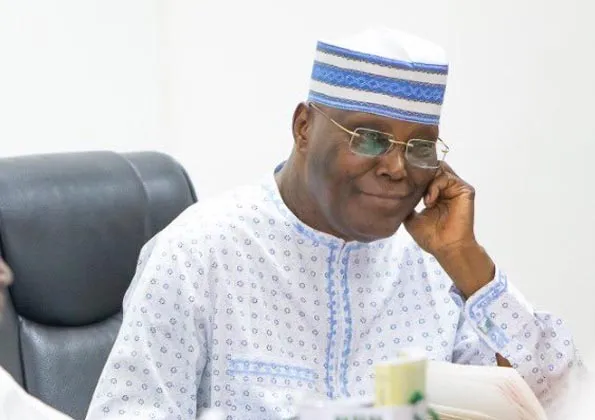Former Vice President Atiku Abubakar has expressed strong criticism of President Bola Tinubu’s administration as it marks its first anniversary. In a statement titled “Nigeria is not working: One year of Tinubu is a cocktail of trial-and-error economic policies,” Atiku described the current state of the country as being marred by ineffective economic strategies.
Atiku recalled Tinubu’s promises on May 29, 2023, to “remodel our economy to bring about growth and development through job creation, food security, and an end to extreme poverty.” However, he argued that the President has failed to lay out a clear plan for achieving these goals and has instead implemented a series of uncoordinated policies.
He pointed to several key actions taken by the Tinubu administration, including the elimination of petrol subsidies and the unification of foreign exchange windows by the Central Bank of Nigeria (CBN). Atiku criticized these measures, stating they have not brought the promised economic relief but have instead contributed to rising living costs and economic instability.
Atiku further outlined four main risks associated with Tinubu’s economic reforms:
1. Economic Hardship: According to Atiku, Tinubu’s policies have increased poverty and financial strain across all economic classes in Nigeria, exacerbating the cost-of-living crisis reminiscent of the 1980s structural adjustment program.
2. Business Environment: The former Vice President argued that the current policies have created a hostile environment for businesses, particularly affecting the manufacturing sector with rising costs and complex exchange rates, which in turn hinder job creation and economic growth.
3. Trade Balance: Atiku criticized the administration’s foreign exchange policies, stating that the devaluation of the Naira has not improved Nigeria’s trade balance or the competitiveness of local producers.
4. Foreign Investment: He noted that despite efforts to attract foreign investments through exchange rate unification and other measures, these policies have not resulted in increased capital inflows, whether through Foreign Direct Investment (FDI) or Foreign Portfolio Investments (FPI).
